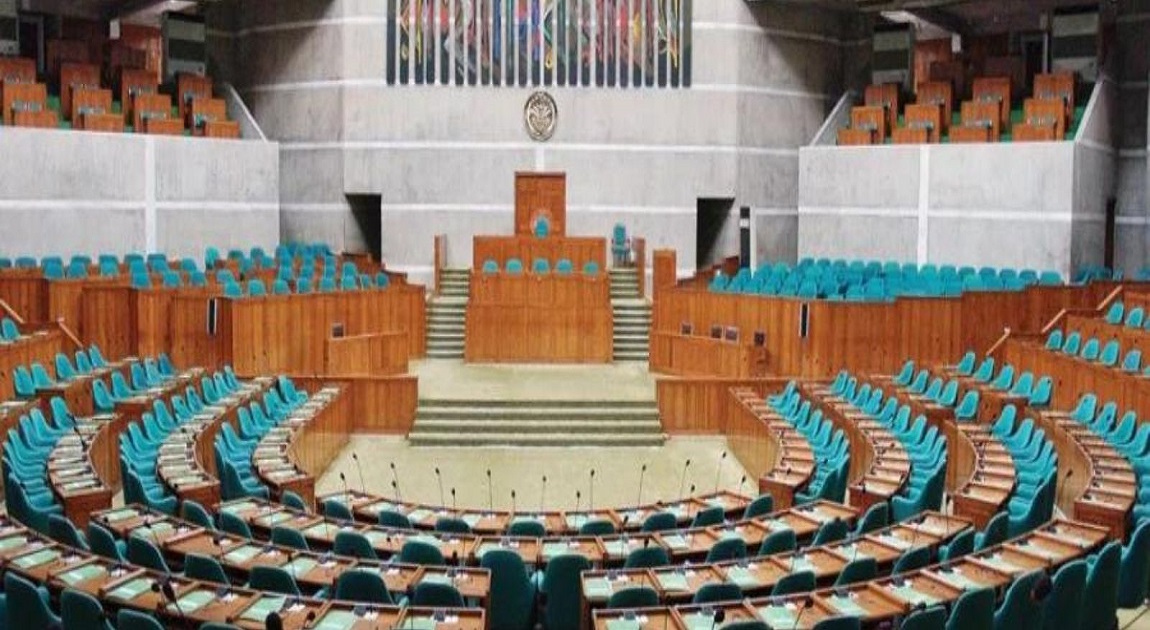The National Consensus Commission has decided that the 100-seat upper house will be formed through a proportional representation (PR) system.
This announcement came after the 23rd day of the second phase of dialogue with political parties, during a midday recess on Thursday, conveyed by the commission’s co-vice chairman, Professor Ali Riaz.
Due to a lack of consensus among parties and differing opinions on how members of the upper house should be elected, the commission was entrusted with the responsibility to make the decision.
Acting on this mandate, the commission announced the PR-based formation of the upper chamber.
According to the commission’s proposal, the upper house will have no independent legislative power.
While all bills except money bills must be presented in both the lower and upper houses, the upper house cannot permanently block any bill. If a bill is held up for more than a month, it will be considered approved by the upper house.
The upper house will review and analyze bills proposed by the lower house and must approve or reject them within a specified timeframe.
If approved, the bill will be sent to the President for assent. If rejected, the bill will be returned to the lower house with recommendations for amendments, which the lower house can accept wholly, partially, or reject.
Candidates for the upper house must be declared alongside the general parliamentary election candidates, with a provision that 10 percent of upper house candidates be women.
Before the announcement, some political parties and alliances—including BNP, Labour Party, NDM, the 12-party alliance, and the Nationalist coalition—expressed opposition to the PR system for the upper house.
Salahuddin Ahmad, a BNP Standing Committee member, stated that BNP and some other parties oppose the PR system and the role assigned to the upper house and would not sign any agreement containing those provisions.
Other groups such as CPB, BASAD, Jamiat Ulema-e-Islam, and Awamjanatar Dal opposed the formation of the upper house based on Bangladesh’s socio-economic realities. The Citizens’ Unity group expressed concerns, citing the upper house’s lack of legislative power as a reason for their opposition.

















-20260221022942.jpg)
-20260221022827.webp)















